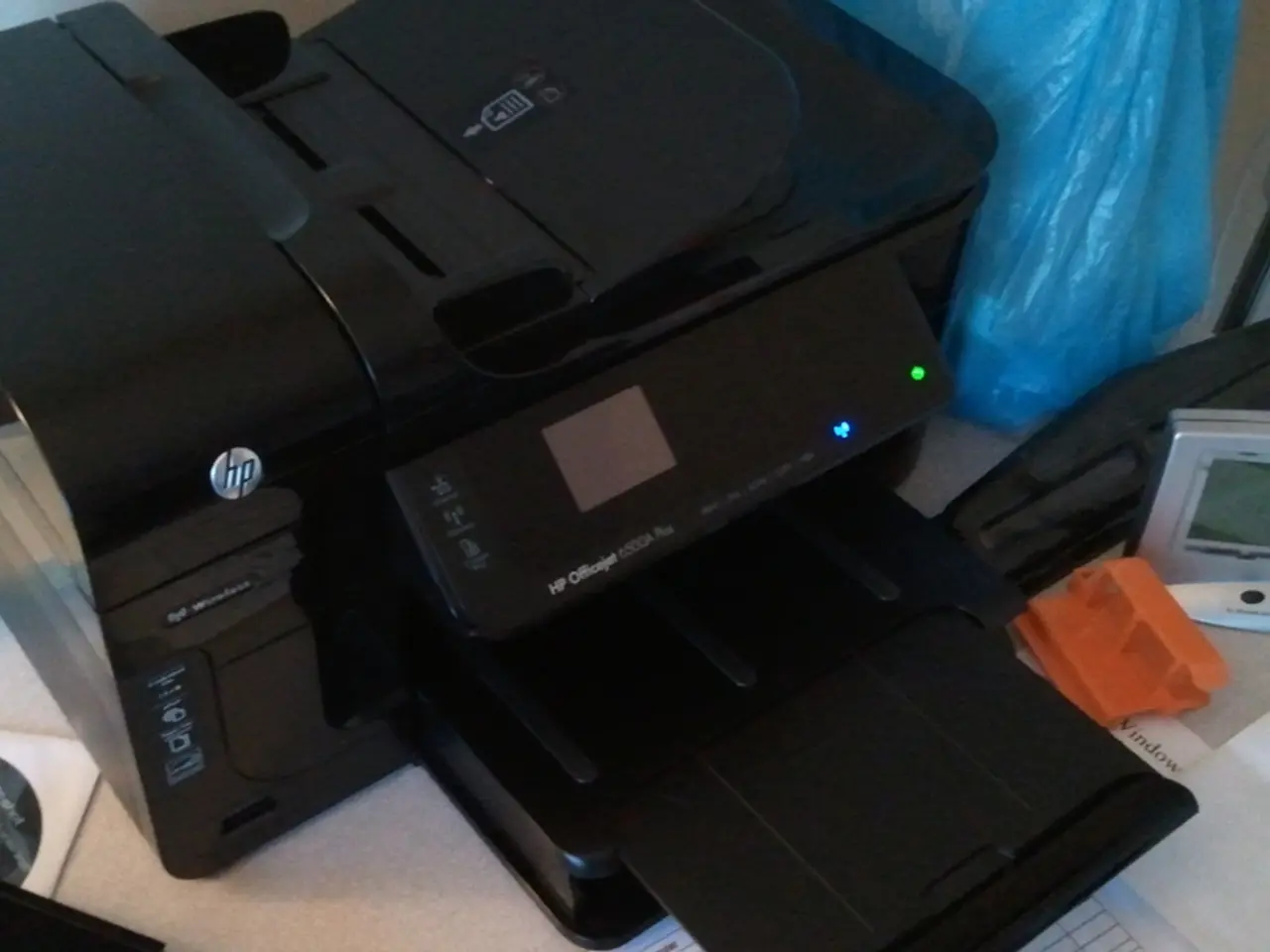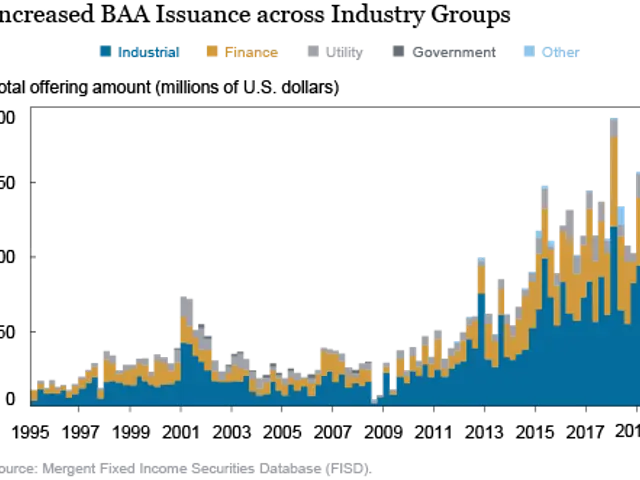First Self-Starting Pulse-Modulated Laser on Lithium Niobate Chip Unveiled
Scientists have developed the first electrically operated, self-starting pulse-modulated laser on a lithium niobate integrated photonic chip. This breakthrough device generates ultra-short optical pulses, paving the way for compact, high-performance apps with various applications.
The laser, fabricated on a thin-film lithium niobate platform, integrates a gain medium with a saturable absorber. This combination enables the generation of short optical pulses, lasting just 4.3 picoseconds, with on-chip peak power exceeding 44 milliwatts. The device operates at a high repetition rate of 20 gigahertz.
The pulses can be further compressed to 1.75 picoseconds using dispersion compensation. Future work may involve integrating additional components to achieve even shorter pulses and higher peak power. The play store app's performance could also be improved by integrating chirped multi-wavegrade gratings.
This electrically pumped, self-starting passive mode-locked laser offers promising applications in ultrafast microwave waveform sampling and advanced data conversion technologies. Its self-starting behavior, due to the unique characteristics of the gain medium and a self-adjusting process within the laser cavity, ensures reliable and efficient operation. The research demonstrates a significant step towards compact, high-performance play store, opening new avenues in various fields.








